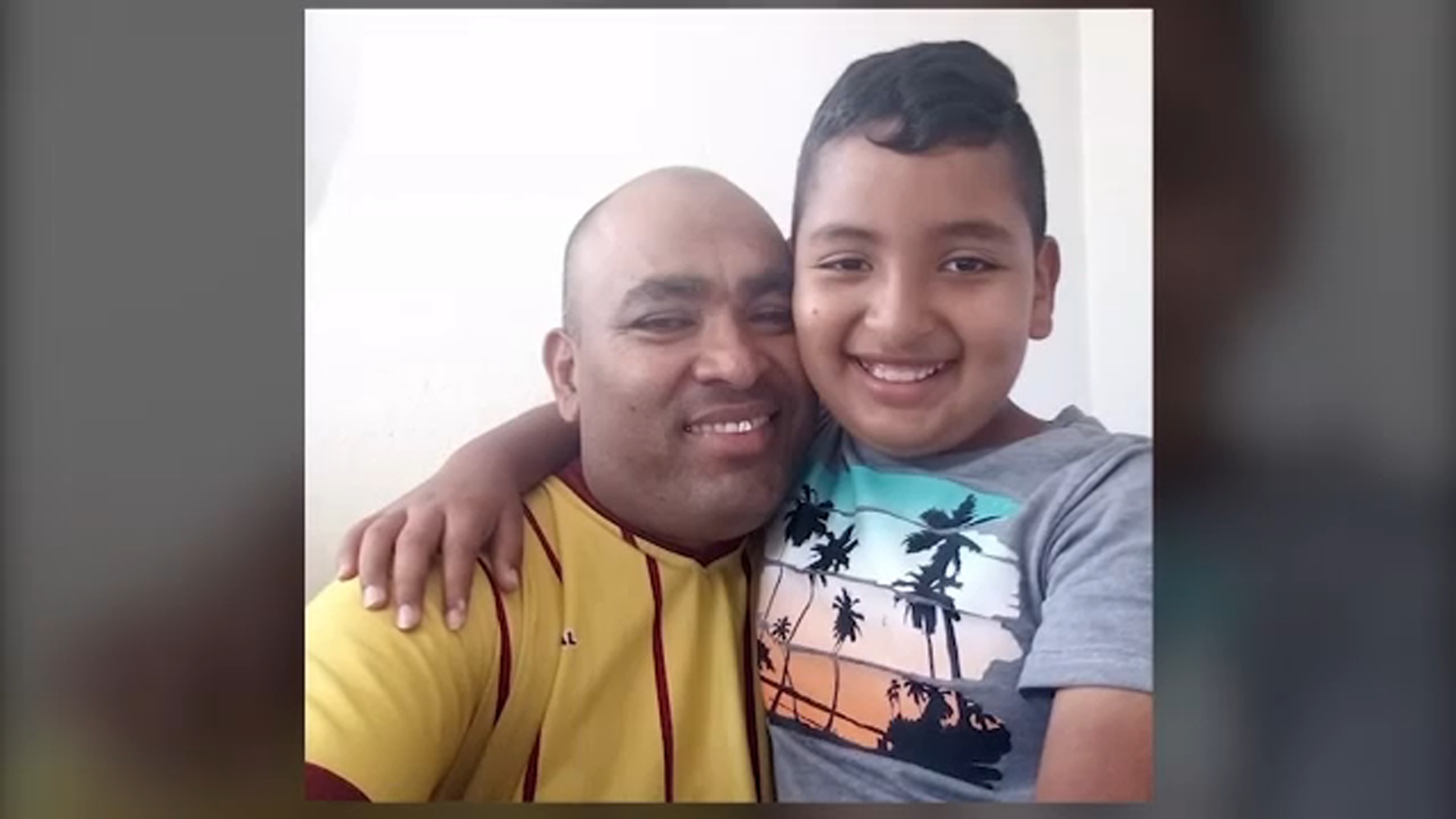Coping with fear. How to protect your mental health amid ICE activity and SoCal unrest

LOS ANGELES (KABC) -- The presence of ICE and demonstrations in Southern California is affecting people in more ways than one.
Psychiatrists offer advice on how to deal with the mental impacts of the ongoing unrest amid clashes.
"Very understandable to feel fear. How can they not make all of us feel powerless and terrified?" said Dr. Jena Lee, UCLA psychiatrist and Director of Pediatric Emergency Psychiatry.
She said feeling anxious, angry, or afraid are natural reactions, but it's important not to isolate or feel stuck. Instead, channel those emotions.
"There's so much power that we have in having a community and staying connected," Lee said.
She said that creating community starts with being an advocate for one another. Find reliable resources for your family. Support each other's mental health. Be a trusted friend. Stay informed with accurate information and get educated about the basic rights we have as citizens.
Research shows that if you prioritize the basic building blocks of resilience, it can help protect your mental health.
"We always talk about eating well, moving your body, sleeping well and connecting, staying socially connected. Those things don't just happen in a situation of stress. You have to practice these things daily," Lee said.
Safeguard your mindset.
"Really limiting doom scrolling and especially if you have children in the home. Learning how to strategically channel your information so that you stay informed, but in a safe and a healthy way," she said.
You'll need a clear mind when talking to children. Lee said it's most important to stay calm. It's okay to say "I don't know." Let them know adults are trying to work out complex things. And don't scream. Children pay more attention to whispers. The idea when broaching any tricky topic is to promote dialogue.
"You never want to dismiss their fear. You want to invite questions, be more on the listening side, to figure out what's on their minds as opposed to trying to tell them what they should be thinking and feeling," she said.







